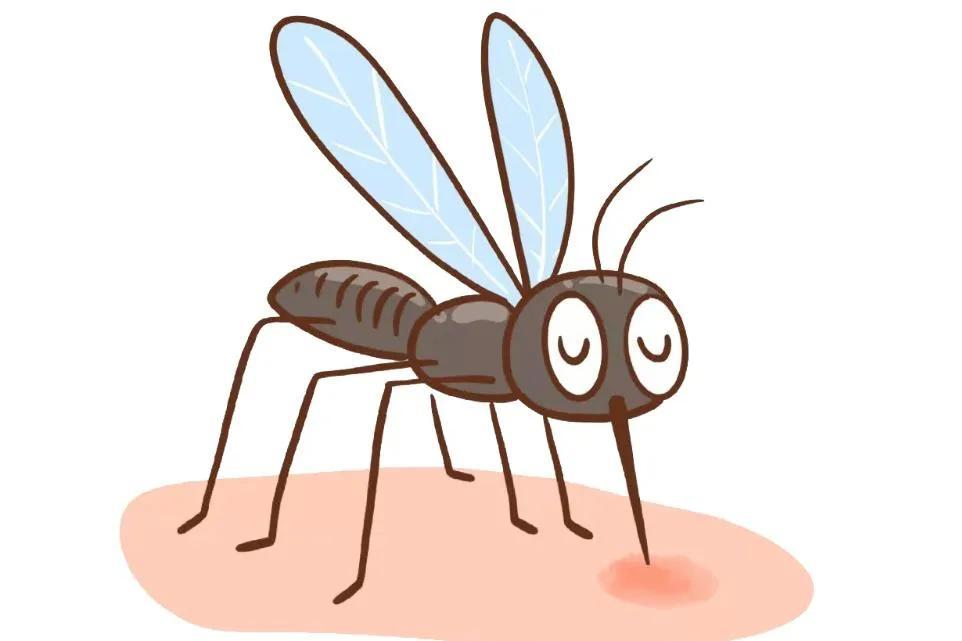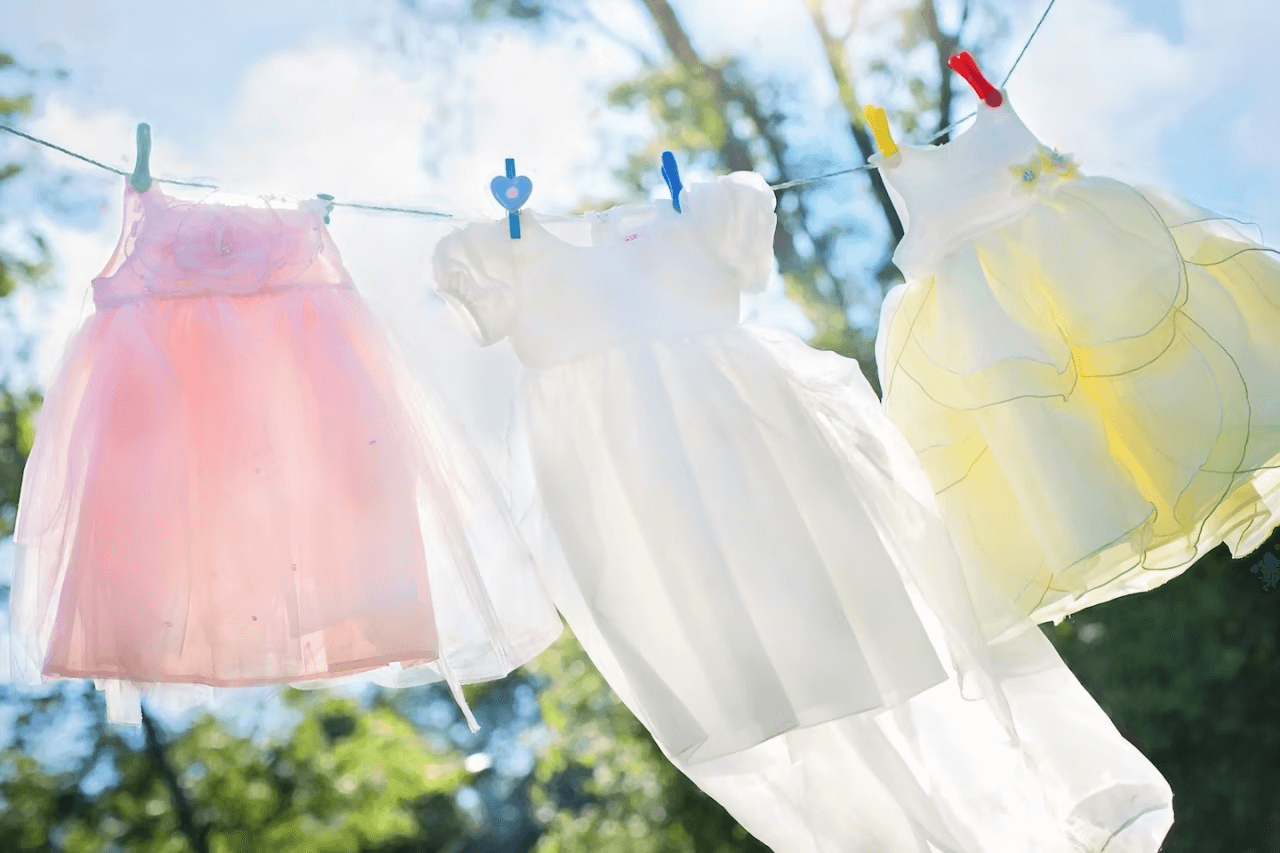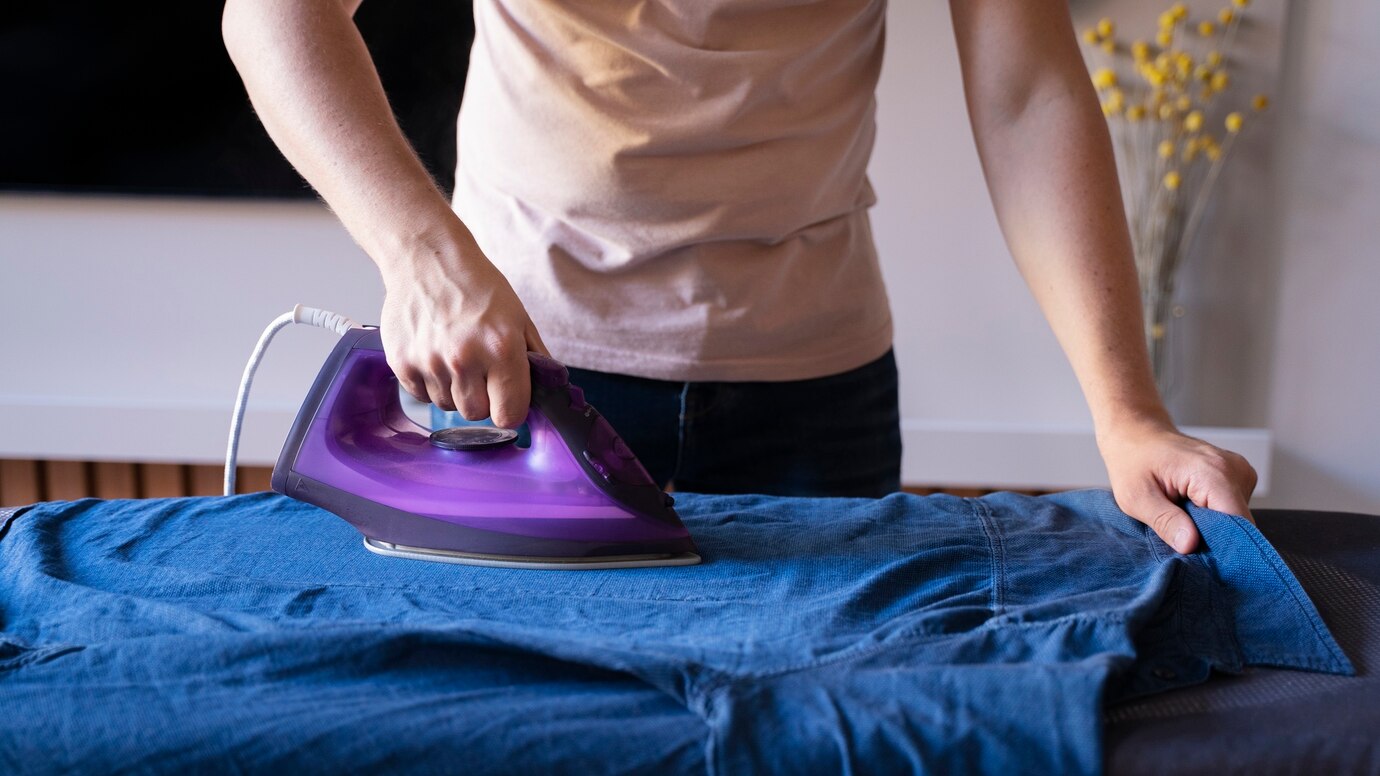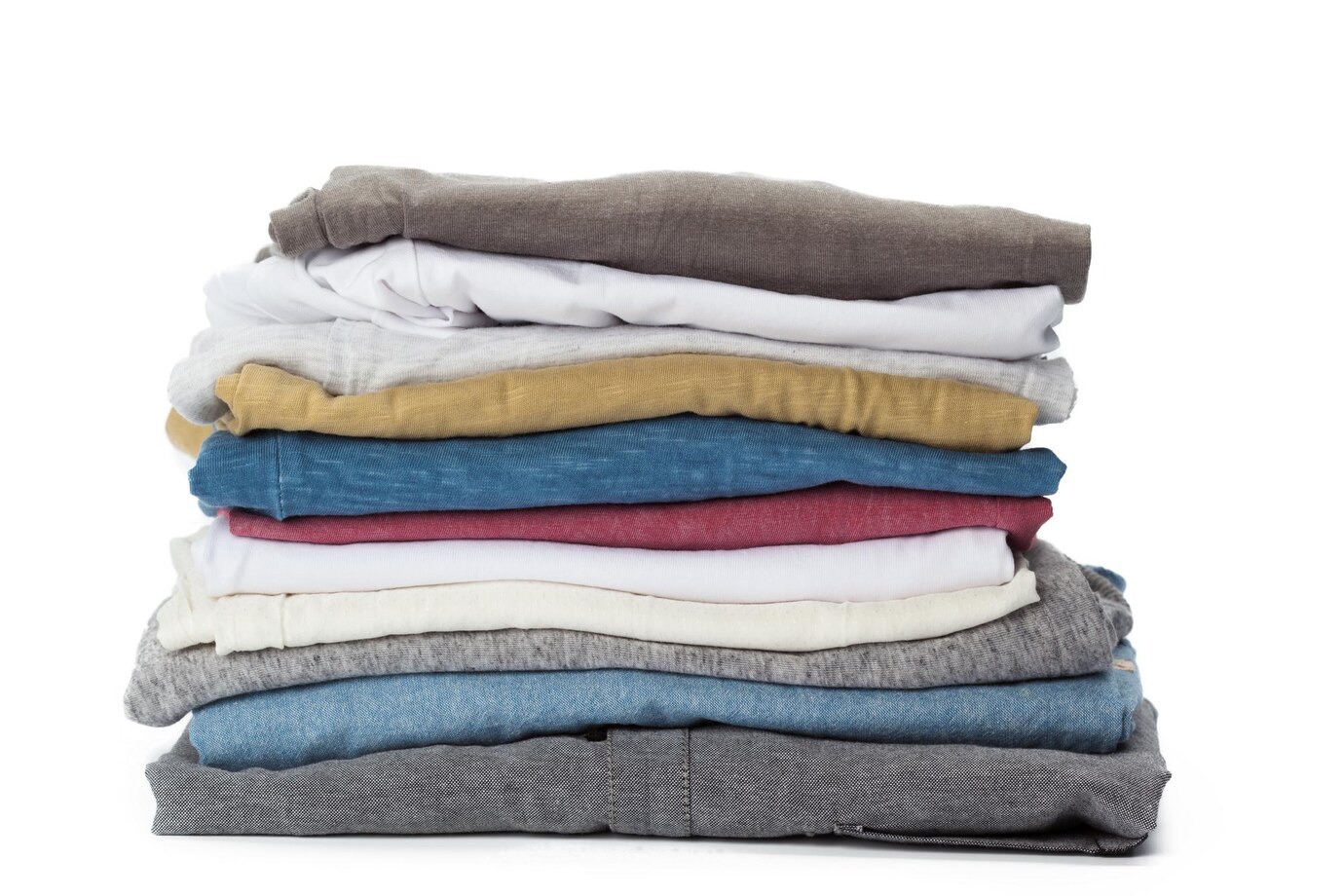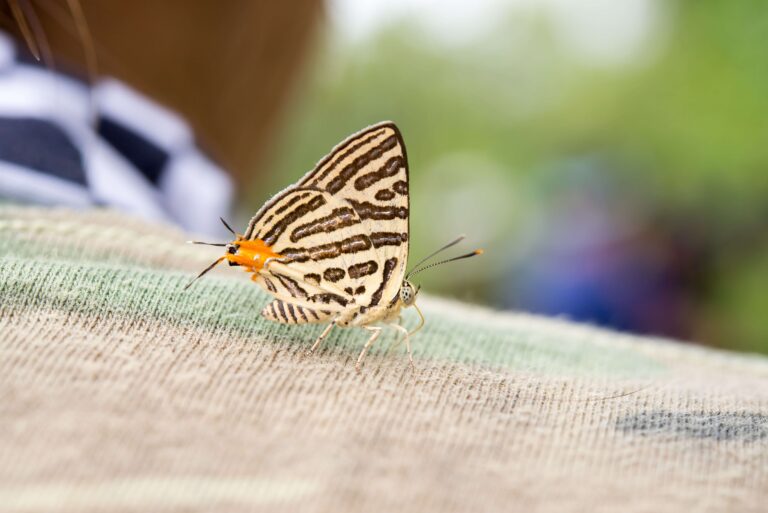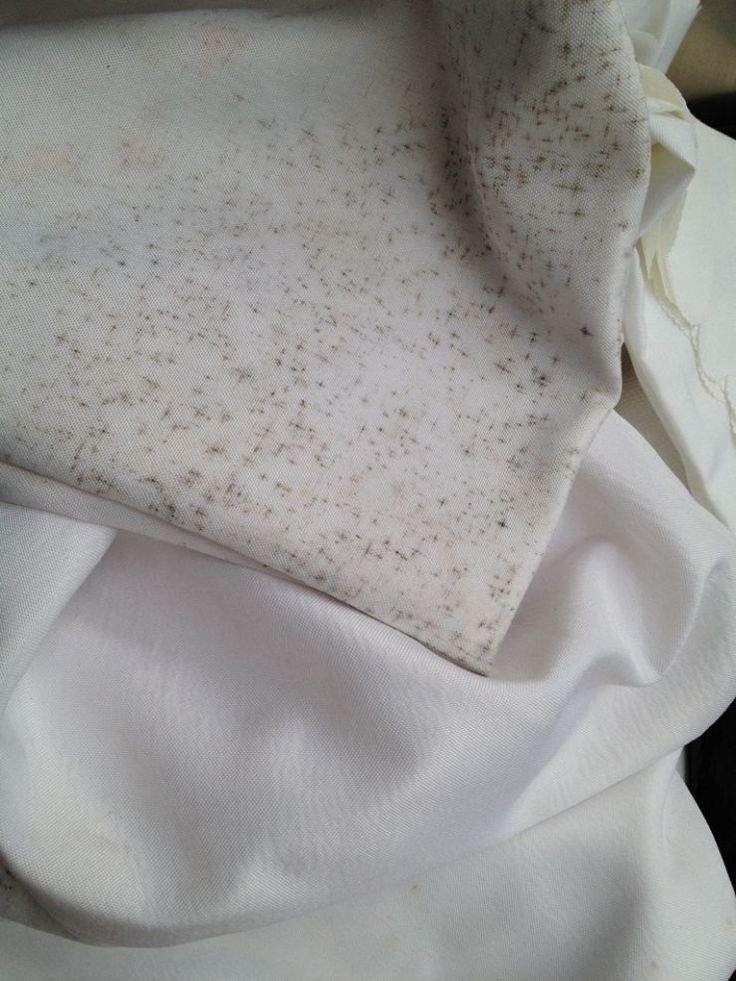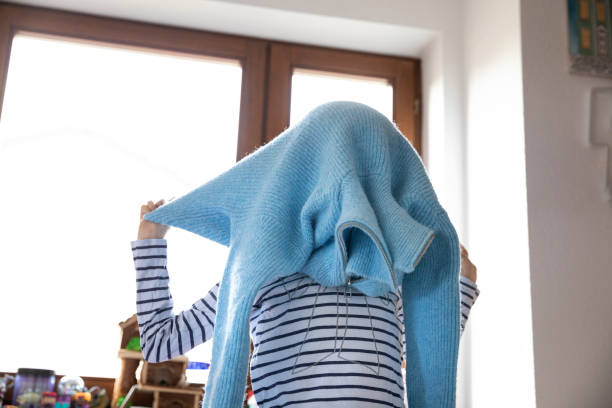
Mosquito bites seem simple, but in fact it has its unique “technology”. We usually wear clothes, think should be able to protect themselves from mosquito bites, but why sometimes still be bitten all over the bag? Today we will unveil the secrets of mosquitoes penetrate clothing bites, to see how they actually do!
How do mosquitoes penetrate clothes?
First of all, the answer is – mosquitoes have a pair of very small mouthparts called “stinging mouthparts”, which are specially designed to penetrate the skin or clothing, sucking blood. You may think that clothing is a protective barrier, mosquitoes should not be able to penetrate it, right? In fact, mosquitoes’ mouthparts are not only sharp, but also flexible enough to pass through the seams of clothes.
1.How powerful is the mosquito’s “Stinging Mouthpiece”?
We all know that mosquitoes’ mouths look like needles, but in fact, their mouthparts are like a tube with several small “jagged teeth”. Mosquitoes use these small jagged structures to gently pierce their mouthparts into the skin or even the fabric of clothing. Although most clothing fabric is relatively tight, mosquitoes can not easily penetrate, but if the clothes are thin or there are gaps, mosquitoes can successfully “break through” and find your skin. 2.
2.Skin exposed, mosquitoes have a chance!
In addition to the material of the clothes themselves, mosquito bites there is a “psychological tactics”. Mosquitoes like to bite exposed skin parts, such as arms, ankles, neck and other places, especially when you wear thin clothes. If the clothes you are wearing happen to have small holes, tears or are very thin, the mosquito’s mouthparts can penetrate directly into these small crevices and easily suck blood.
3.The “perfect time” for a mosquito to suck blood
In fact, mosquitoes can not always easily penetrate clothing, they prefer to choose the part of the skin that is exposed. However, mosquitoes are attracted to warm weather, sweat, or the scent of your body. When they sense the temperature of your skin, increased carbon dioxide emissions, or even the smell of sweat on your skin, they are more likely to spot you. This is why we have a higher probability of mosquitoes being more active and biting through clothing in the summer or in humid environments.
Which clothes are more likely to be penetrated by mosquitoes?
Knowing the mosquito’s “means of attack”, the question arises: which clothes are more likely to be penetrated by mosquitoes?
Thin fabrics: such as cotton, silk, linen, etc., the gap between the fibers of these materials is larger, mosquitoes are more likely to penetrate.
Color: mosquitoes especially like dark clothes, such as black or dark blue, wearing these colors of clothing, mosquitoes are easy to locate your position. Especially if there is moisture or sweat on the dark colored clothing, it is easier to attract mosquitoes.
Clothing seams: If the clothes have holes, zippers are not zipped properly, or cuffs, trouser legs part of the loose, mosquitoes are also very easy to pass through these seams to attack you.
Close-fitting clothes: Close-fitting clothes such as short-sleeved T-shirts and shorts are easier targets for mosquitoes because of the larger area and more exposed skin.
How to avoid mosquito bites?
Since mosquitoes can penetrate clothing bites, what should we do to effectively protect it? In fact, by taking some simple measures, you can greatly reduce mosquito infestation.
Wear long-sleeved clothing and long pants: Long-sleeved shirts and long pants can cover more skin and reduce the exposed part, and of course, you should also choose dense woven fabrics to avoid mosquitoes easily penetrate.
Use mosquito nets and mosquito repellent: If you are in a mosquito intensive place, mosquito nets are a very effective protection tool. And mosquito repellent liquid can effectively avoid mosquitoes approaching.
Choose light-colored clothes: Light-colored clothes are not only cool, but also reduce the attraction of mosquitoes. Wearing white or light-colored clothes, mosquitoes will be relatively less likely to find you.
Repair tears in your clothes: Check and repair holes in your clothes in time to avoid any gap becoming a passage for mosquitoes.
Wear anti-mosquito clothing: there are many clothing designed for mosquito prevention on the market today, they can effectively block mosquito bites through special treatment and are suitable for wearing during the season when mosquitoes are abundant.
Although mosquito bites seem to be a small problem, but their “penetration” ability to let us quite surprised. Understanding the means of attack of mosquitoes, remember to take some simple tricks, you can greatly reduce the chances of being bitten, to avoid unnecessary trouble. So, the next time you are bitten by mosquitoes, you may wish to reflect on whether the material and seams of the clothes to provide them with “easy access”?
Hope these tips can help you stay comfortable and fresh, goodbye to summer mosquito trouble!
